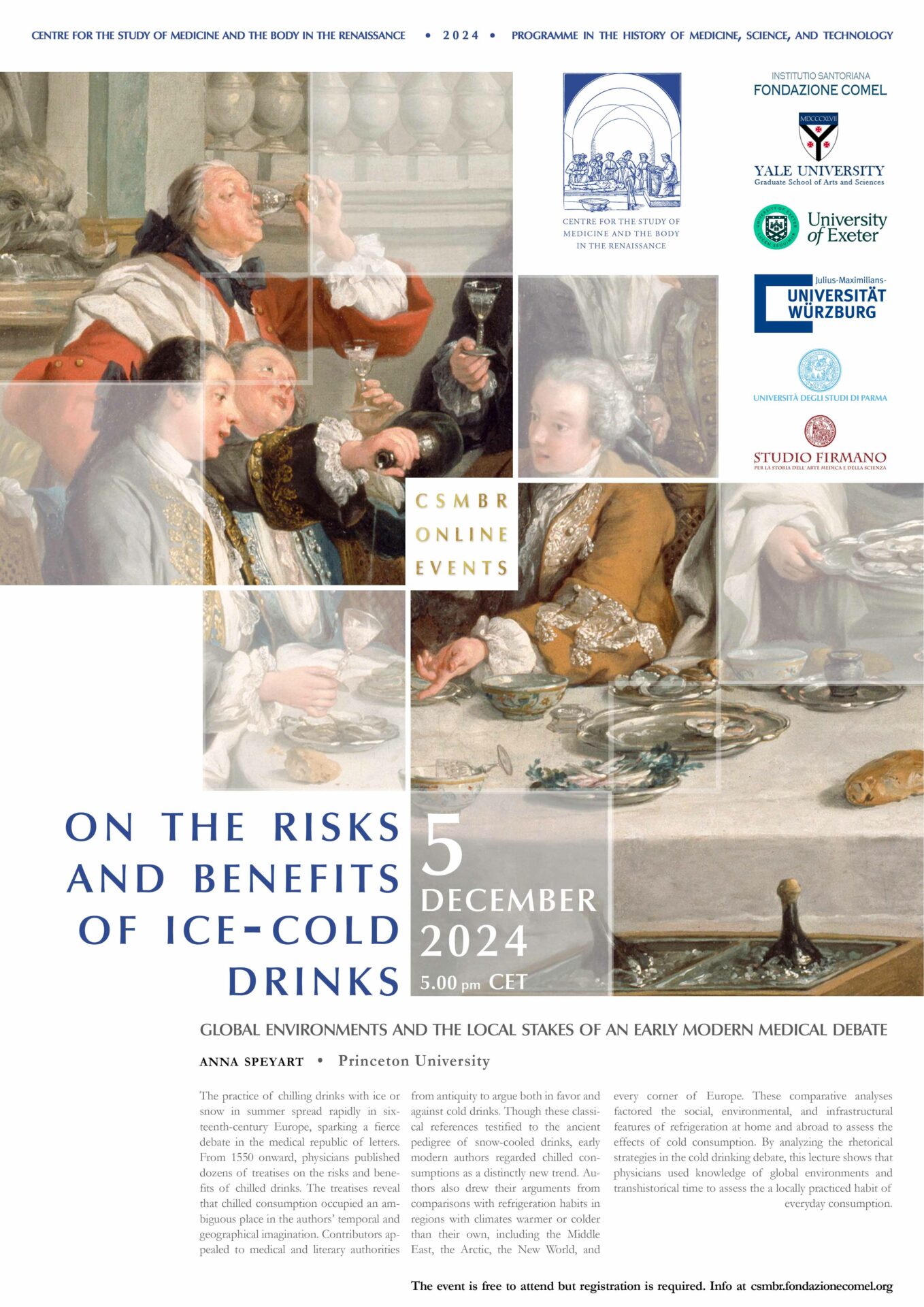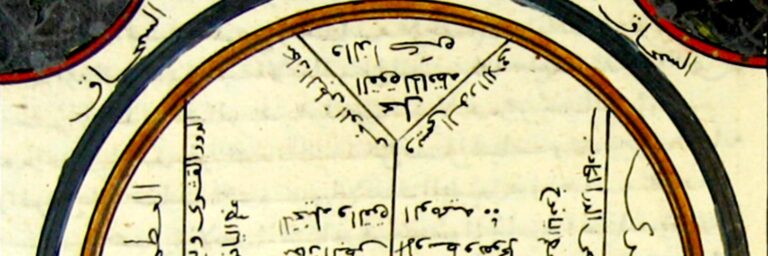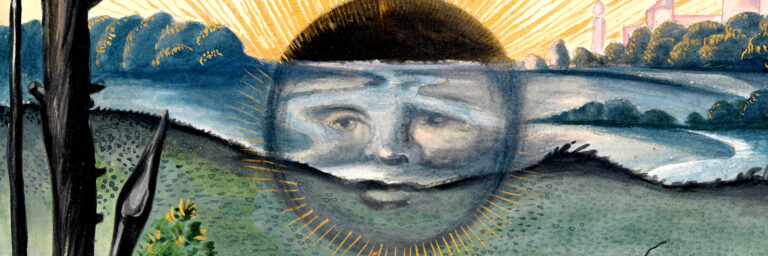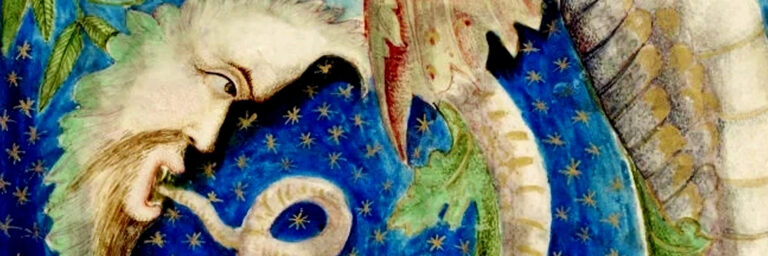Risks and Benefits of Ice-Cold Drinks
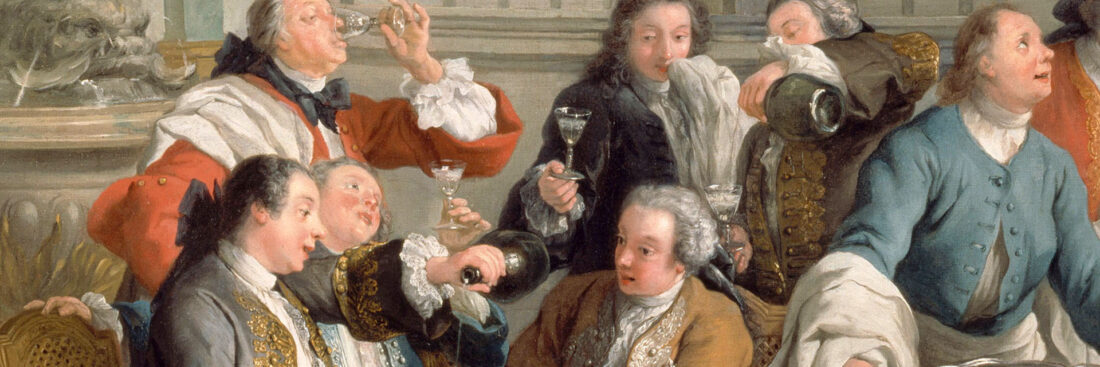
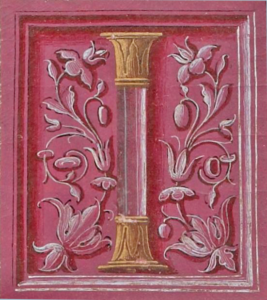
On the Risks and Benefits
of Ice-Cold Drinks
Global Environments and the
Local Stakes of an Early Modern Medical Debate
Anna Speyart
5 December 2024 – 5 PM (CET)
The practice of chilling drinks with ice or snow in summer spread rapidly in sixteenth-century Europe, sparking a fierce debate in the medical republic of letters. From 1550 onward, physicians published dozens of treatises on the risks and benefits of chilled drinks. The treatises reveal that chilled consumption occupied an ambiguous place in the authors’ temporal and geographical imagination.
Contributors appealed to medical and literary authorities from antiquity to argue both in favor and against cold drinks. Though these classical references testified to the ancient pedigree of snow-cooled drinks, early modern authors regarded chilled consumptions as a distinctly new trend.
Authors also drew their arguments from comparisons with refrigeration habits in regions with climates warmer or colder than their own, including the Middle East, the Arctic, the New World, and every corner of Europe.
These comparative analyses factored the social, environmental, and infrastructural features of refrigeration at home and abroad to assess the effects of cold consumption.
By analyzing the rhetorical strategies in the cold drinking debate, this lecture shows that physicians used knowledge of global environments and transhistorical time to assess the locally practiced habit of everyday consumption.
About the Speaker ...
Anna Speyart is a PhD Candidate at Princeton University and 2023 Santorio Fellow.
She works on the social and cultural history of science in early modern Europe and is writing a dissertation on the science and technology of freezing the sixteenth and seventeenth centuries, which traces the use of ice and snow from harvest to application in scientific, medical, and consumer contexts. She has previously worked on games and play in erudite culture and intellectual sociability in the sixteenth century.



